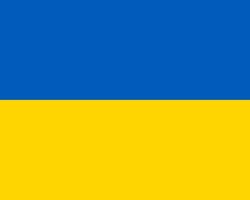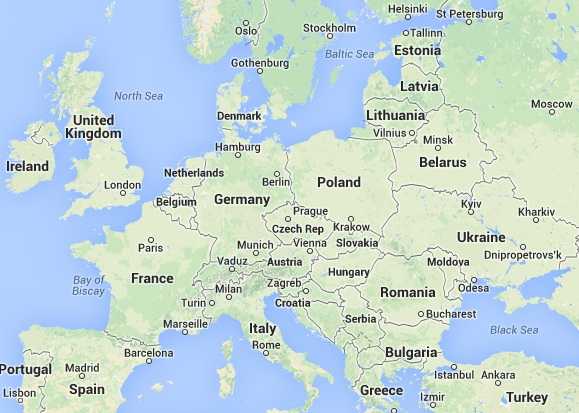Ukraine has signed a deal with Russia that involves a major discount on gas prices as well as the purchase of billions of dollars’ worth of Ukrainian government securities.
Many pro-EU Ukrainians are now wondering what has been promised in exchange for such generosity.
The deal is seen by many as a move by Russian President Vladimir Putin to stop Ukraine from becoming a European Union Member State.
To be fair, Ukraine has been asking for financial help for a while, out of the big three likely helpers, the IMF (International Monetary Fund), the European Union and Russia, only Russia stepped up.
No strings attached for Ukraine, Putin said
Putin and his Ukrainian counterpart Viktor Yanukovych said they did not discuss Ukraine joining a customs union led by Russia, but did discuss a strategic partnership and signed several agreements on industrial and economic cooperation.
The deal, which Mr. Putin said is not tied to any conditions, includes:
- 1,000 cubic meters of Russian gas will be sold at $268.5, compared to $400 before.
- Russia will buy Ukrainian government bonds to the value of $15 billion.
Ukraine is struggling to avoid default, making this assistance very timely for the country.
Mr Yanukovych, who surprised the world in November by pulling out of an agreement with the EU, admitted that he had been under heavy pressure from Russia, which does not want to lose another former-Soviet satellite state from its orbit.
The Ukrainian leader’s move away from the EU and seemingly towards Russia sparked a series of huge demonstrations, the largest since the 2004 Orange Revolution. Protesters are calling for Mr Yanukovych’s resignation and fresh elections.
Vitali Klitschko, leader of the opposition party The Ukrainian Democratic Alliance for Reform, and former WBC heavyweight champion, said that the Ukrainian leader had “given up national interests, independence and prospects for a better life for Ukrainians.” He reiterated the country’s urgent need for early elections.
Neil Shearing, chief emerging markets economist at Capital Economic, wrote in a note to clients today “(Russia’s assistance) will be sufficient to sustain Ukraine’s balance of payments for around two years.”
BloombergBusinessweek quoted Lilit Gevorgyan of IHS in London, who said Russia’s assistance is:
“A bandage on Ukraine’s economic troubles rather than a serious remedy. Yanukovych does not have enough political capital or indeed willingness to introduce required painful macroeocnomic measures. But these steps are essential for the overall health of the Ukrainian economy.”
What’s better for Ukraine, an EU or Russian alliance?
Ukraine’s most pressing problem has been help in avoiding a default. Russia has given the country some breathing space.
The EU, IMF and even the USA have talked to Ukrainian leaders, pointing out what’s wrong with the country’s economy. However, none of them put any money on the table.
Ukraine is the largest country in Europe (which is completely in Europe).
The European Union is not exactly an economic success story either. While northern EU nations have managed to recover from the Great Recession, the ‘peripheral countries’, which now seems to include France, suffer from huge unemployment and virtually no economic growth.
Would a string of reforms and conditions demanded by the EU turn the Ukraine into another Greek or Spanish disaster, or a Polish success?
The Russian-led Customs Union of Belarus, Kazakhstan, and Russia was formed on January 1st, 2010. It was launched as a first step towards a European Union type alliance.
The United States and several western European countries are concerned that the Customs Union is an attempt to reestablish Russian dominance over the Post-Soviet states.


